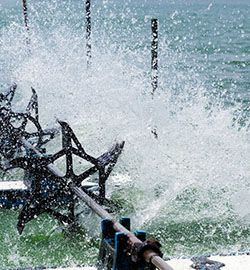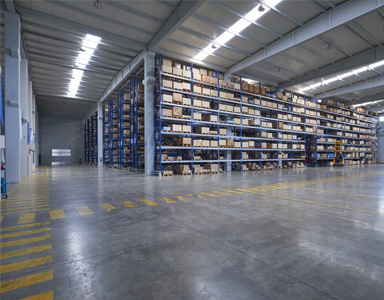There has been extreme volatility in the Australian & New Zealand electricity markets over the last few years. With this comes significant (up to 50%) variation in your retail electricity rate, solely based on the time you re-sign your energy contract.
For many organisations, reducing business costs can and should start with a better energy procurement strategy. Here are three tips on how to leverage energy procurement to your advantage.
1. Engage the market when prices offer good value, not when your contract is about to expire
When it comes to energy procurement, waiting for contract renewal is the biggest mistake businesses make. Contract renewal should be treated as a risk management exercise: we want businesses to engage the market when the market price is at optimal value, not when an agreement is about to expire.
Businesses shouldn't wait to buy electricity three or six months out from renewal; if the market has good pricing 18 months before, that’s when you should lock in pricing. Equally, one shouldn’t lock away a three year deal, just because the pressure is on as your current contract is about to expire.
It’s important to understand your business needs and to develop your risk tolerance now, so you can negotiate an energy contract with the prices, terms and conditions that deliver the best value for you.
There are now many products offered by retailers that allow you to actively purchase energy into the future, so when the markets show value, be in a position to secure it.
2. Don’t get distracted by competitive tension between retailers
The timing of market activity is much more important than the competitive tension in the request for proposal (RFP) process.
Here’s why: if your business is tendering for the supply of electricity, you'll likely have three or more retailers competing to be your provider. As they are all pricing from the same wholesale market, the difference you would likely see on the current market price offered from different retailers may only be around 1‑2%. This difference comes down to how much they want your business at the time. They may have just lost a big customer, be the incumbent, or be looking to grow their book. That’s not a lot of savings, right?
The wholesale market moves around a lot. If you engaged the market at a different time, prices could be significantly higher or lower than today. Don’t rely on the small percentage advantages of competitive tension between retailers - timing is everything!
3. Understand what your retailer is really doing for you
A universal role of energy retailers is to provide businesses with a billing and customer service function, but they often provide a wide range of additional services too. You need to evaluate what these services are worth and enter an agreement with a retailer who meets your business needs.
One retailer may offer a comprehensive service package while a second may not provide any additional servicing. It’s important to understand the value of the additional services. Are they a business necessity, or just a 'nice to have'?
Large businesses may want the lowest cost without the ‘bells and whistles’. It’s important to ensure your retailer’s offering aligns with your business goals, and if not, ask them to remove extras (that you are ultimately paying for).
At Enel X, we help large energy users maximise the value from their energy procurement strategy every day.
To learn more from one of our energy purchasing experts, get in touch with our team.








